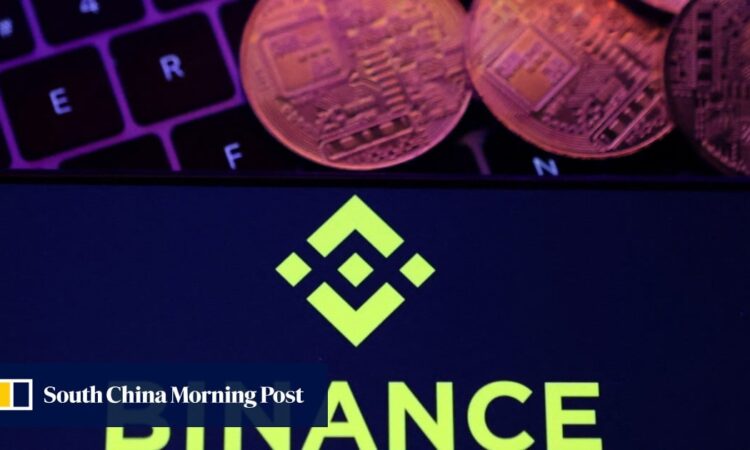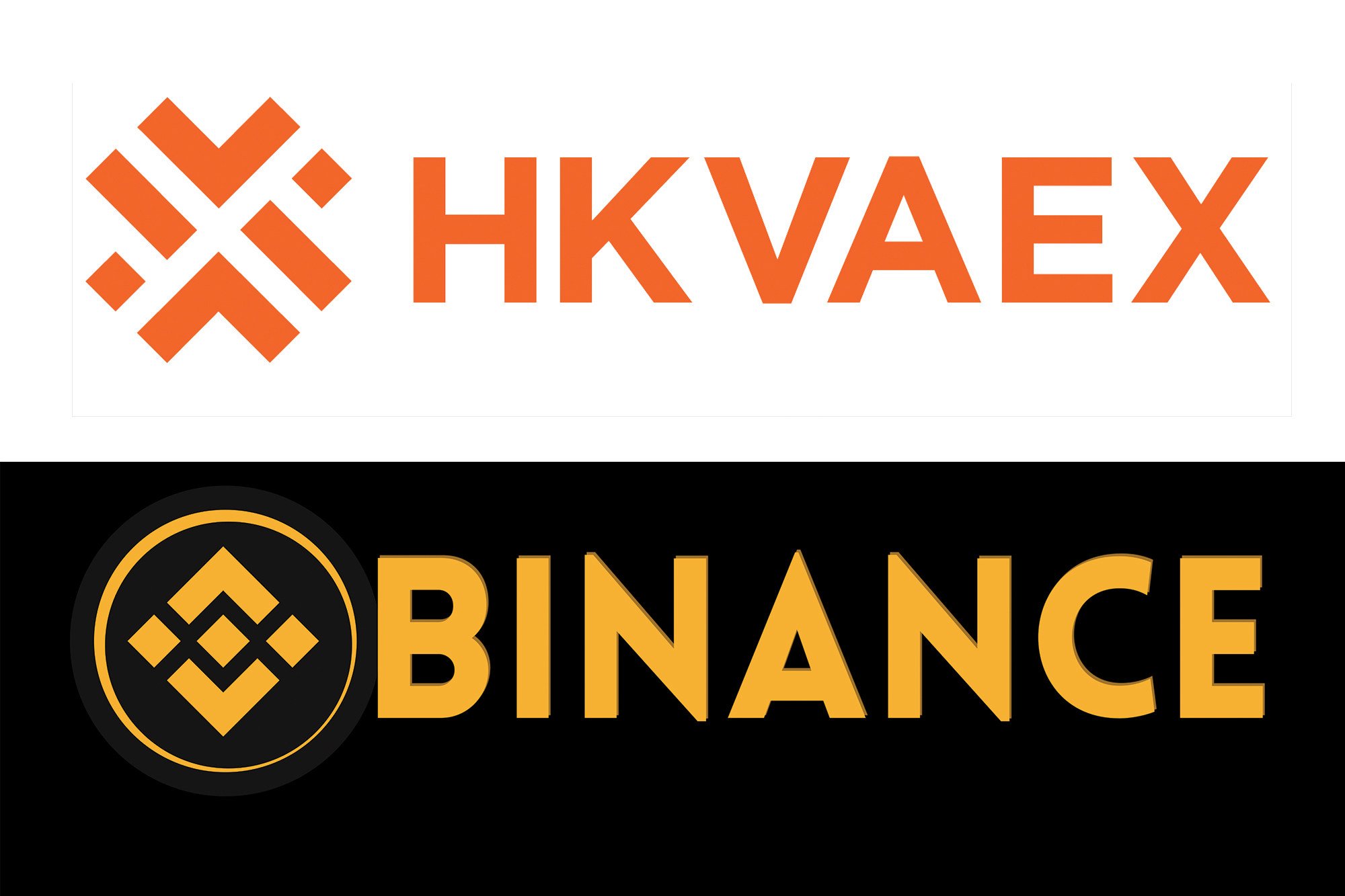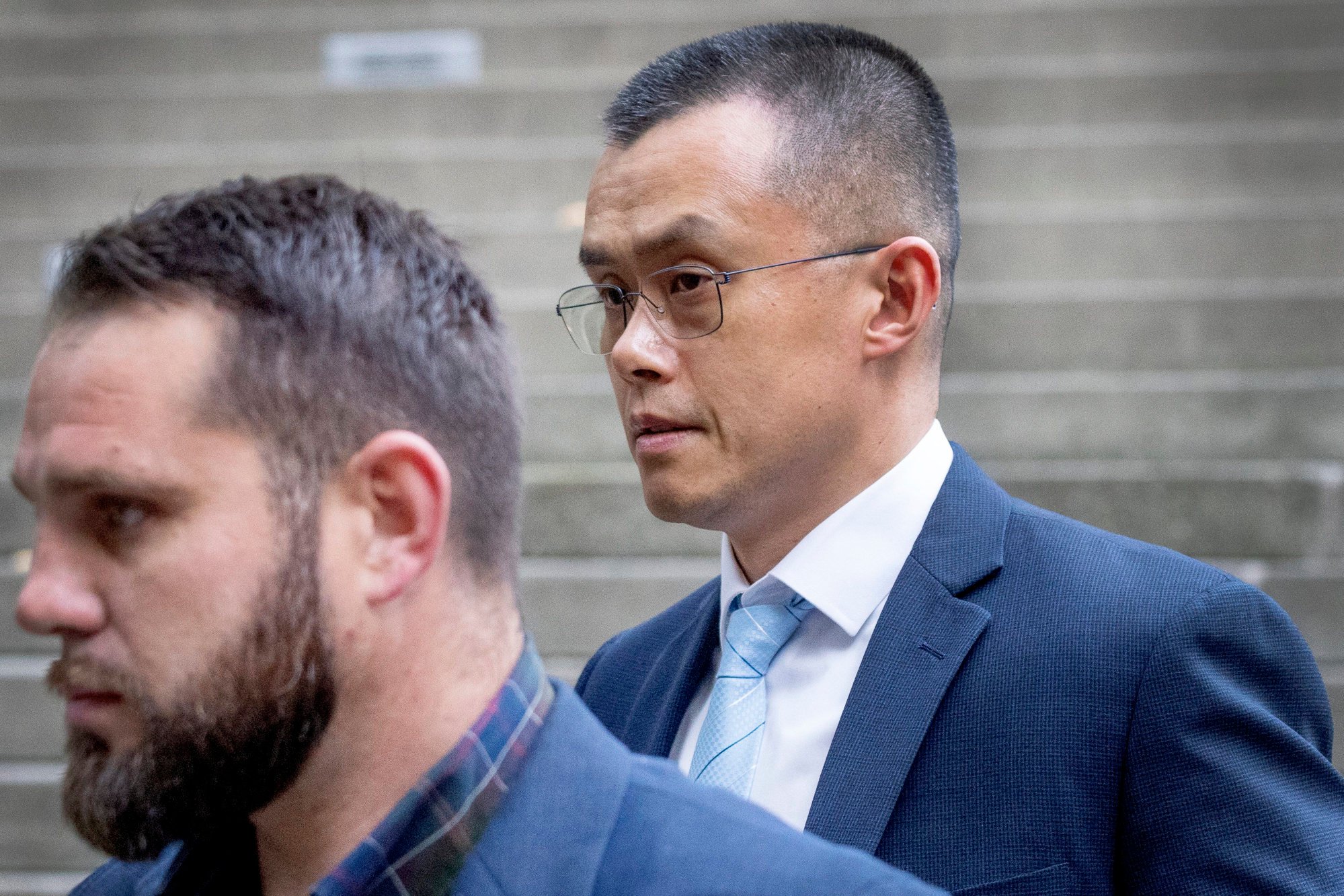
Binance and its founder Changpeng Zhao’s guilty plea to US anti-money-laundering laws may present hurdles to the cryptocurrency exchange’s plans to gain a legitimate foothold in Hong Kong, industry experts said, as Binance-backed local firm HKVAEX prepares to apply for a crypto licence in the city.
Zhao, co-founder of the world’s largest cryptocurrency exchange, on Tuesday stepped down as chief executive and pleaded guilty to breaking US anti-money-laundering laws, part of a US$4.3 billion settlement of a long-running federal investigation.
Binance also pleaded guilty to breaking US anti-money-laundering and sanctions laws, having failed to report suspicious transactions with organisations the US described as terrorist groups and with websites that sell child sexual abuse materials, authorities said.
HTX and another crypto platform linked to Justin Sun lose millions in hacks
HTX and another crypto platform linked to Justin Sun lose millions in hacks
The deal was reached as Binance faces mounting regulatory troubles in the US, which include a lawsuit brought by the Securities and Exchange Commission in June that accused the company of commingling customer funds.
The crypto giant, however, has set up a separate crypto exchange in Hong Kong named HKVAEX to pursue a licence in the city, the South China Morning Post reported last month. While HKVAEX operates separately with its own executives, the two companies share resources, sources told the Post.

HKVAEX said last month in response to the Post’s report that it is an “independent virtual asset exchange platform” and is currently preparing to apply for a licence in Hong Kong. Binance said that HKVAEX is “not in the Binance Group of companies”.
Zhao and Binance’s guilty plea to US federal charges could now create difficulties for a licence application in Hong Kong by a company with significant ties to Binance, experts suggested.
Hong Kong’s Securities and Futures Commission (SFC) has “robust requirements” for Virtual Asset Trading Platform applicants, as well as for their substantial shareholders, ultimate owners or other controllers, said Patricia Ho, general counsel at blockchain firm Scroll.
If someone in these categories fails to comply with anti-money-laundering laws in Hong Kong or elsewhere, or are convicted for offences relating to money laundering or terrorist financing in Hong Kong or elsewhere, that would be a factor directly relevant to the SFC’s assessment of an application, Ho said.
“Any entity that seeks licences in Hong Kong would need to demonstrate to the satisfaction of the regulators that it is not effectively controlled by someone who has any serious criminal record,” said Brian Tang, founding executive director of the Law, Innovation, Technology & Innovation Lab at the University of Hong Kong’s Faculty of Law. “So the onus would be on Binance to do so should it seek any such licences.”

Binance and HKVAEX did not immediately respond to requests for comment.
At a podcast recording hosted by Web3 Harbour on Thursday, when asked whether it would be possible for Binance to get licensed in Hong Kong considering its guilty plea in the US, Elizabeth Wong, the SFC’s Director of Licensing and Head of Fintech unit, said that she could not say for sure without knowing the way in which Binance was entering the market and how it was structured.






